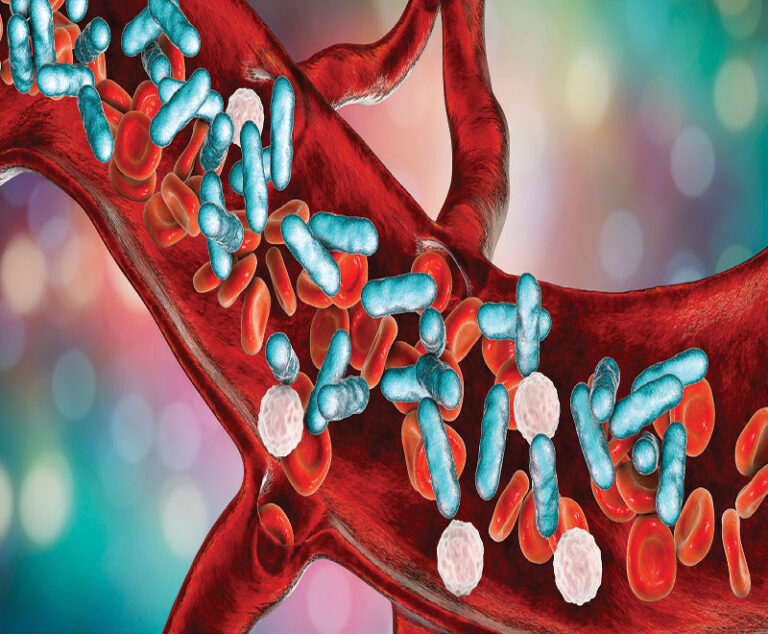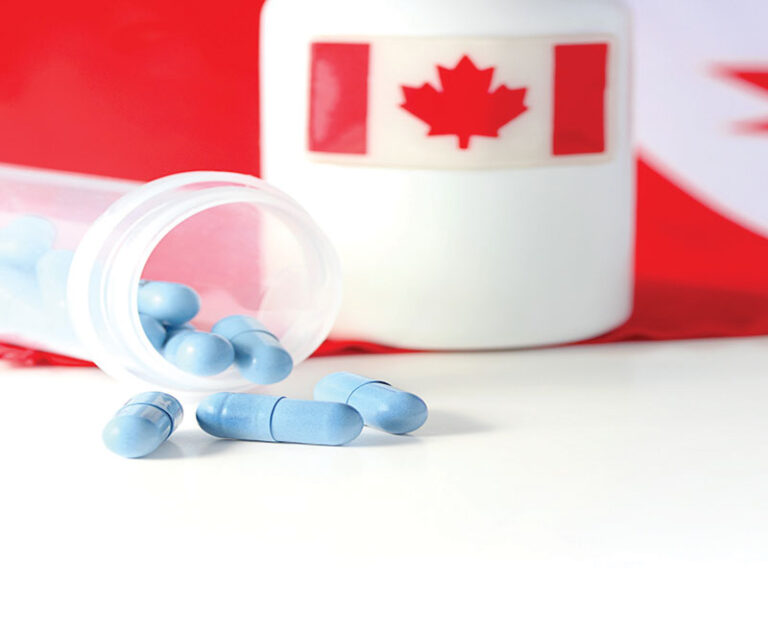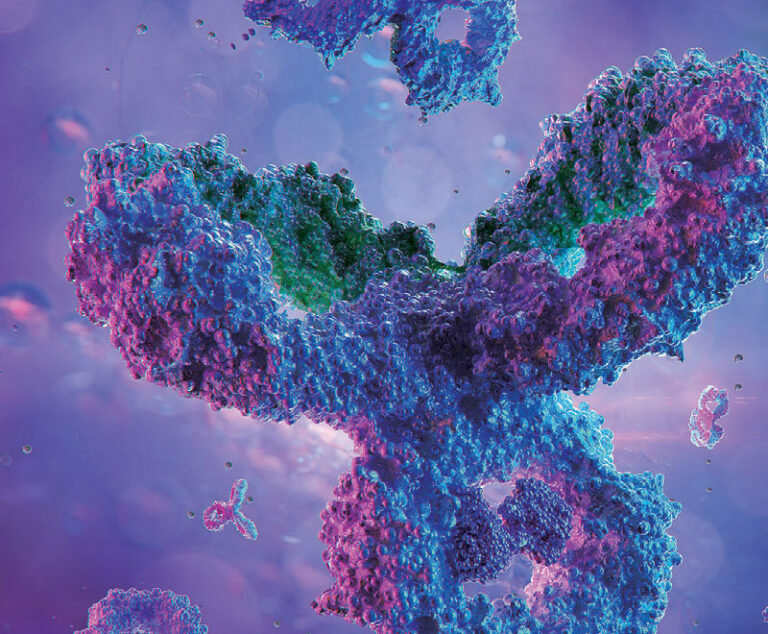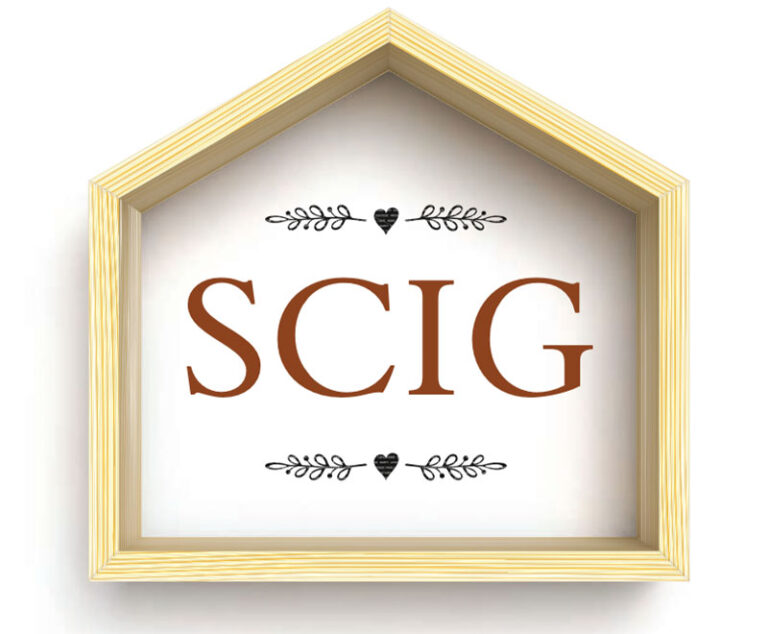Industry Insight
Information, Observation & Analysis
By raising awareness and developing tools to detect sepsis earlier, healthcare organizations save lives from this often-deadly infection.
To staunch the growing threat of antibiotic resistance, the medical profession is pivotal in properly prescribing antibiotics and educating patients about their appropriate use.
As Americans continue to grapple with the skyrocketing costs of prescription drugs, many are turning to other countries to access medications they need at prices they can afford.
Long-haul COVID, now termed PASC, is a very real effect of the SARs-CoV-2 virus, but few physicians are familiar with the symptoms and where to send patients for treatment.
After several federal agencies spent two decades and tens of billions of dollars preparing for the next pandemic, critics were not shy about pointing out how unprepared the United States was for the current SARS-Cov-2 pandemic.
Government and researchers continue to pursue plans and studies to gain a greater understanding of this devastating and deadly disease to prevent, treat and, ultimately, cure it.
As of this writing, NIAID and industry collaborators are also finalizing the design of a large-scale trial to assess whether COVID-Ig can reduce the rate of hospitalization and other medical encounters in earlier-stage COVID-19 patients exhibiting mild to moderate symptoms.
Studies shed light on whether high-dose intravenous immune globulin, convalescent plasma and hyperimmune globulin will be effective therapeutic options for the novel coronavirus.
Is SCIG well-accepted by most patients either previously treated with IVIG or just starting out on IG therapy?
This extremely rare disease affects mostly younger adults, and its cause remains a mystery.
Optimism continues to grow about the use of stem cells in regenerative medicine highlighted by hundreds of successful clinical trials.
Social media continues to shape and influence the evolving healthcare landscape.












